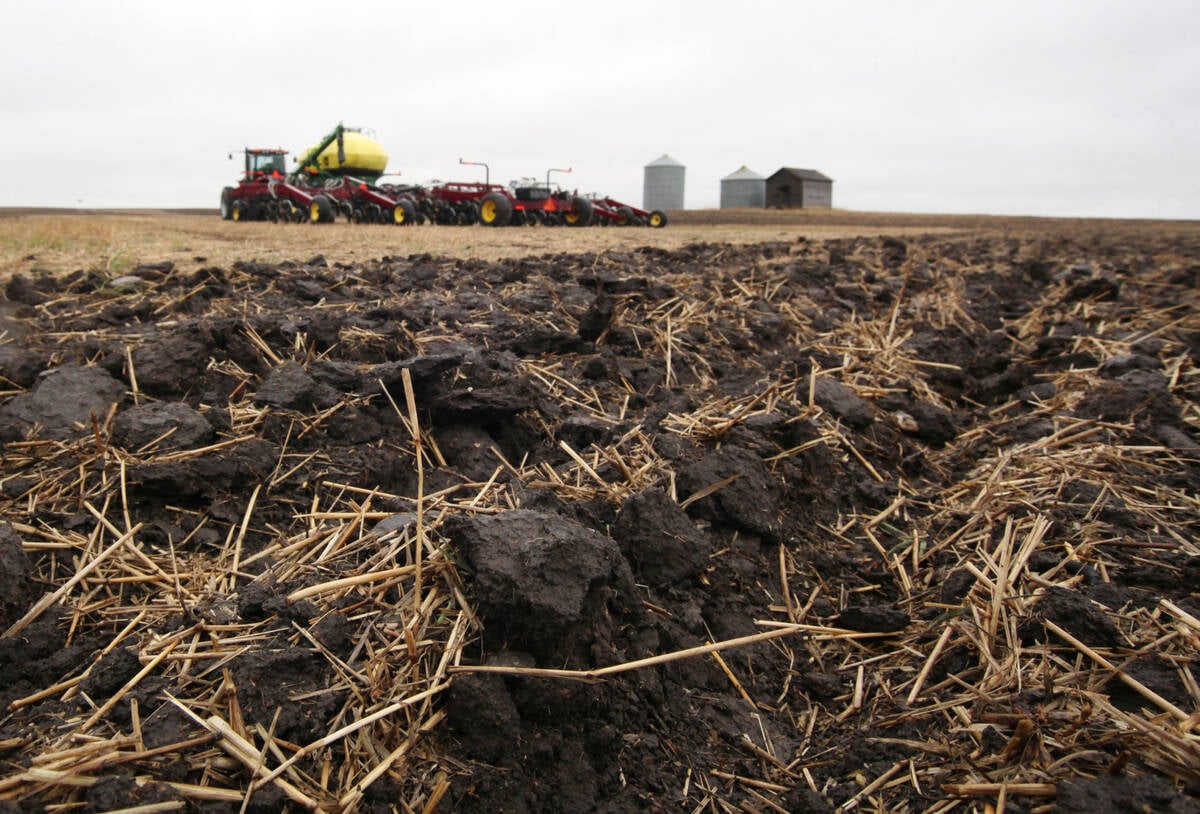Olds College signs training agreement with Uzbekistan

Countries across the globe are seeking out Canadian post-secondary institutions for partnerships focused on learning and exchanging knowledge.
Olds College in Olds, Alta., is one of the latest, signing an international training agreement with Uzbekistan April 29 following a memorandum of understanding signed last November.
The April agreement’s main initiative is the development and delivery of an environment, social, and governance (ESG) program for Uzbek students.
Read Also


Industry wrestles with regenerative certification
Standardizing regenerative agriculture could make the system easier to market, but too much rigid definition could also alienate farmers and undermine grassroots progress, experts worry.
The program is to start in October, with details and course content planning currently underway.
A main focus of the program is learning about sustainable agriculture and environmental practices that can be applied in both Canada and Uzbekistan.
“There are many countries out there that want to partner with Canadian post-secondaries,” said Chris Wharton, director of industry partners and continuing education at Olds College.
“And when we are leaders in agriculture, a lot of them who are interested in that, whether it be greenhouse training or sustainable agricultural practices or ag technology, they do come to us.”
For Uzbekistan, ESG and agriculture are connected, with sustainability and environmental stewardship being interwoven with agricultural practices.
Uzbekistan’s Ministry of Ecology, Environmental Protection and Climate Change initiated the MOU and thus the training agreement, following previous engagement on ESG with other countries.
Wharton says Canada has been seen as a leader in ESG and sustainability, which prompted the partnership.
The ESG program is designed as a six-month long course, blending remote and hands-on learning.
The first three months are virtual learning, with instruction delivered from Olds to students in Uzbekistan. This first phase will be focused on the fundamentals of ESG, such as standards and regulations, as well as greater specifics of environment, social and governance, such as climate change, efficient use of resources, carbon footprint and ecological audit conduction.
The second phase will be two months of in-person training held in Uzbekistan for hands-on learning. This aspect is intended to diversify the learning experience and bring ESG to a Uzbek context. It will include facility and company tours, guest speakers and case studies.
The final phase is one month in Olds.
“It comes back around to Canada and the context here,” Wharton said.
“And then it will look at the interplay between the two countries and how to really take the learnings from both. And they’re looking to really upskill their population.”
Most students in the program are expected to be from industries involved with and looking to advance their positions with sustainability, eco-labelling and environmental certifications, rather than high school graduates.
While the ESG program is not directly involved with agriculture, Wharton said there will be an overlap from different angles.
“It would come in more from the perspectives of case studies and the impact for sustainable agriculture techniques and technology,” he said.
“But the program itself is focused on everything ESG, and ag is a component of that.”
However, he believes there is room for future collaboration and continued growth from the MOU as it was established to create a more structured, long-lasting partnership.
When the Uzbekistan delegation arrived on campus in late April, they were taken on a campus tour and shown the parts that highlight agricultural developments such as the fields, livestock and technology advancements.
There have been discussions of a future program looking into Canadian agriculture practices and technology. Uzbekistan was particularly interested in the practices of growing wheat, barley and canola.
An ag training program would include case studies and other hands-on learning, such as applied research.
Wharton said that for it to be most beneficial, the program would have the students in Canada from the beginning to the end of the growing season. This would enable the interaction and observation of the tech and equipment, crop, seed and chemical, and the application of the new knowledge.
“I think there’s potential for a lot more collaboration in the future … with this group or maybe a different minsitry,” he said.
“They were quite impressed with the campus, and eager to see how else we can work together.”
Source: www.producer.com


